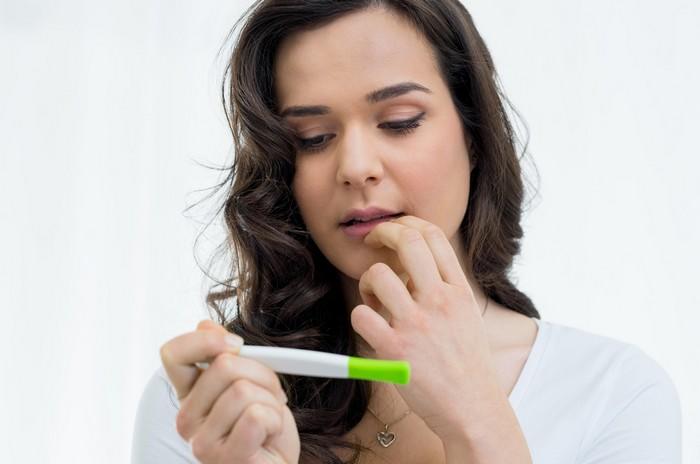Polycystic Ovary Syndrome (PCOS) is a significant reproductive health issue affecting between 4% and 20% of women of reproductive age, with its impact often compounded by Vitamin D deficiency. Fertility challenges are increasingly common, particularly in India, where the desire for children remains strong, yet conception can feel like an elusive dream. Research indicates that adequate levels of Vitamin D are essential for healthy reproductive function, especially in relation to sperm production and function. In an exclusive interview with HT Lifestyle, Dt. Reenu Dubey, a Consultant Dietitian at Motherhood Hospitals in Bangalore’s Electronic City, discussed the role of nutrition and vitamin deficiencies in fertility issues.
The Impact of Vitamin Deficiencies on Fertility
Dubey emphasized that fertility can be significantly affected by vitamin imbalances, stating, “One of the most important factors impacting fertility is Vitamin deficiency.” Below is a breakdown of key vitamins and their influence on reproductive health:
Vitamin D
Vitamin D deficiency is closely linked to reproductive health problems, including infertility. Adequate Vitamin D levels are essential for the production of reproductive hormones in both men and women. In men, a lack of Vitamin D can result in reduced sperm motility and lower testosterone levels. For women, deficiency can disrupt the menstrual cycle and impair ovarian function, ultimately affecting fertility.
Vitamin B12
Vitamin B12 plays an essential role in DNA synthesis and cellular metabolism, both crucial for reproductive health. A deficiency in Vitamin B12 may lead to ovulatory dysfunction and irregular menstrual cycles in women, while in men, it has been associated with lower sperm count and motility, which can contribute to male infertility.
Folic Acid (Vitamin B9)
Folic acid is vital for cell division and DNA synthesis, which is crucial for both fertility and fetal development. In women, a deficiency in folic acid can lead to an increased risk of miscarriage and neural tube defects in newborns. In men, low folic acid levels can contribute to lower sperm count and an increase in sperm abnormalities, thus reducing fertility.
Vitamin C
Known for its antioxidant properties, Vitamin C helps protect sperm cells from oxidative stress. Deficiency in Vitamin C has been linked to decreased sperm quality, including lower motility and increased DNA damage. In women, inadequate Vitamin C levels may lead to impaired ovarian function, reducing fertility.
Expert Insights on Vitamin Deficiencies and Fertility
Dr. M. Rajini, a Consultant Gynecologist at CARE Hospitals in Hyderabad, also emphasized the impact of vitamin deficiencies on fertility. She stated, “Vitamin deficiencies can certainly affect fertility, with each vitamin contributing in different ways.”
Vitamin D: As previously noted, Vitamin D deficiency is associated with infertility in both men and women. In men, it may result in decreased sperm motility and concentration, while in women, it can disrupt the menstrual cycle and hormone balance, potentially impacting ovulation.
Vitamin C: As an antioxidant, Vitamin C helps protect sperm from oxidative stress. Low levels of this vitamin can result in sperm damage, reducing both sperm count and motility.
Vitamin E: Like Vitamin C, Vitamin E is an antioxidant that protects sperm cells. A deficiency in Vitamin E can impair sperm quality, leading to potential fertility problems in men.
Vitamin B12: In both men and women, Vitamin B12 deficiency has been linked to infertility. In men, it can affect sperm production and quality, while in women, it may disrupt ovulation and menstrual cycles.
Folic Acid (Vitamin B9): Folic acid plays an essential role in both fetal development and fertility. Inadequate folic acid levels may result in ovulatory infertility and an increased risk of miscarriage in women.
Vitamin A: Deficiency in Vitamin A can disrupt the production of sex hormones and impair the development of sperm and eggs, potentially leading to fertility issues in both genders.
Vitamin B6: Vitamin B6 is involved in hormone regulation. A deficiency can lead to hormone imbalances in women, causing irregular menstrual cycles and difficulties in conception.
The Bigger Picture: A Holistic Approach to Fertility
It’s important to note that vitamin deficiencies are just one piece of the puzzle when it comes to fertility. Other factors, such as age, overall health, lifestyle choices (diet, exercise, stress management), and underlying medical conditions, also play critical roles in reproductive health. While addressing vitamin deficiencies may improve fertility in some cases, a comprehensive approach is needed to optimize overall reproductive health.
By understanding the role of vitamins in fertility and ensuring that vitamin levels are properly balanced, individuals can take a proactive approach to their reproductive health and increase their chances of conception.
Related topics:
Endometriosis Identified as Major Contributor to Hospitalization Rates in Australia, Study Finds
Role of Follicle Size in Oocyte Maturity and ART Success Revealed by XAI
Maria Menounos Opens Up About Hurtful Comments Surrounding Her Surrogacy Journey























